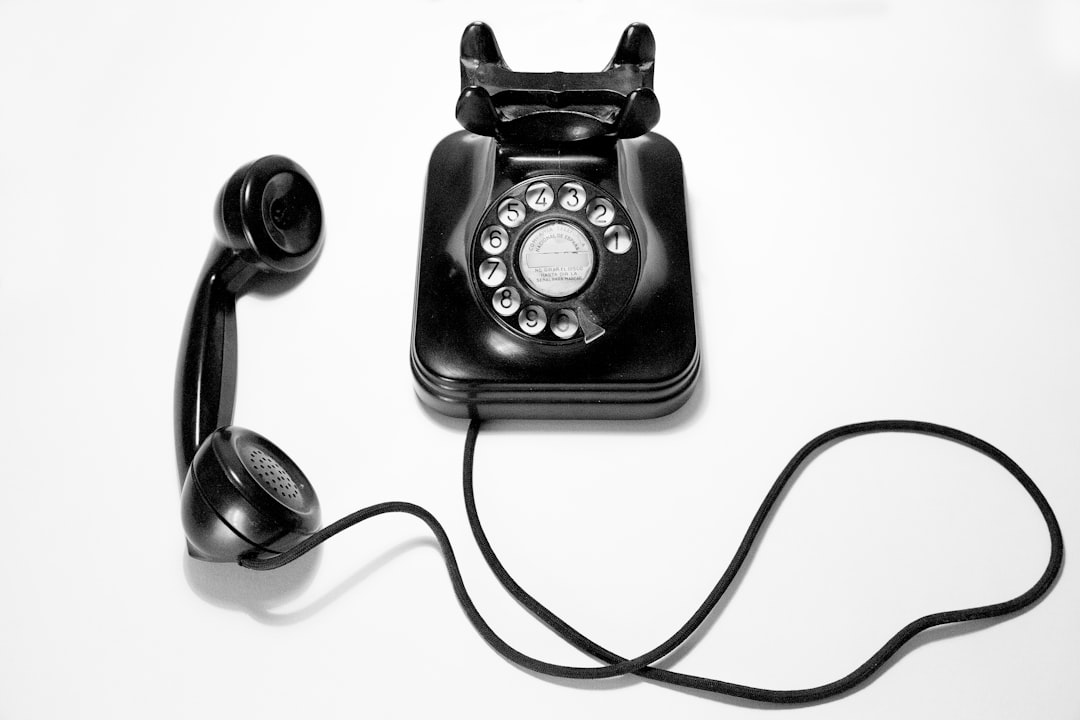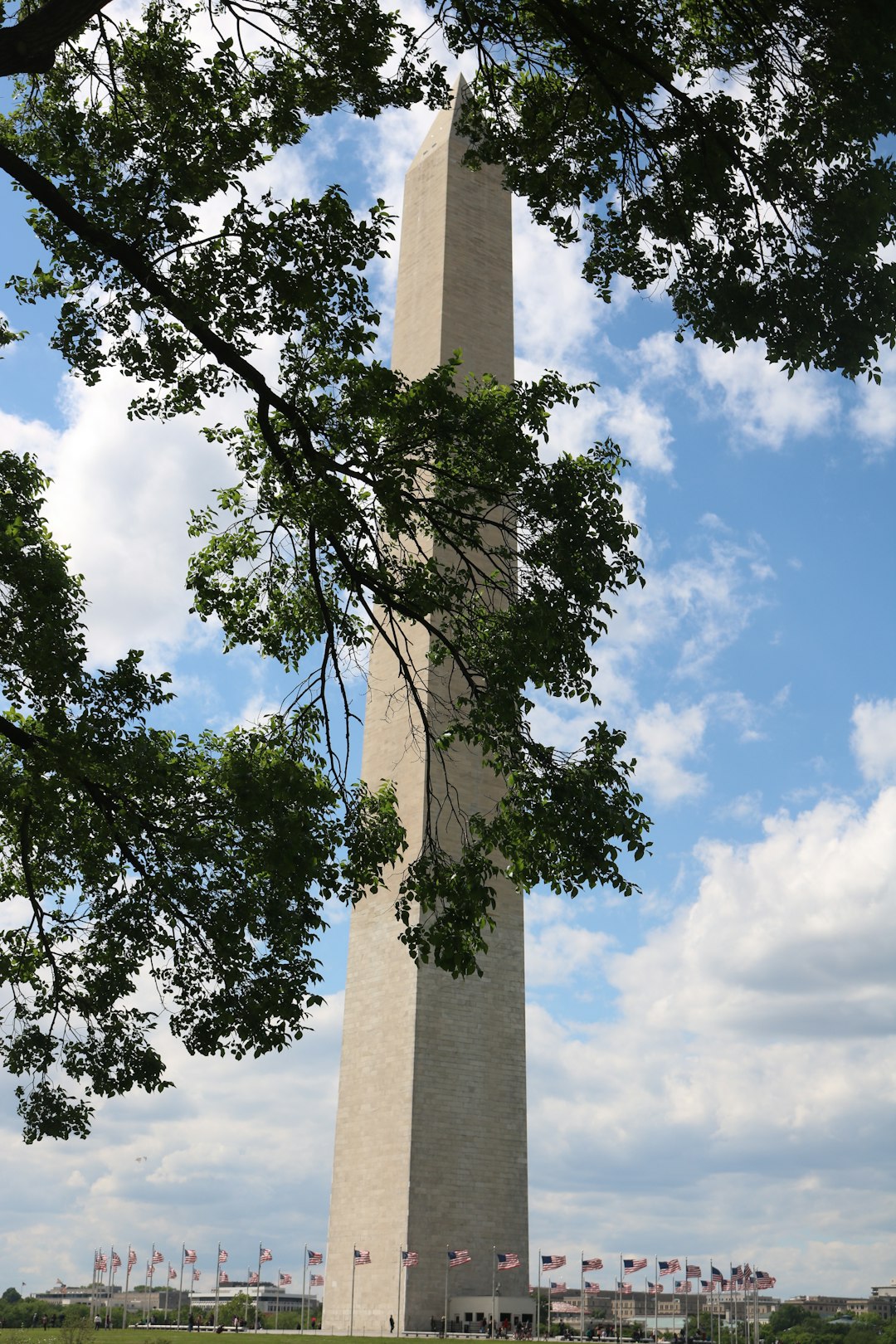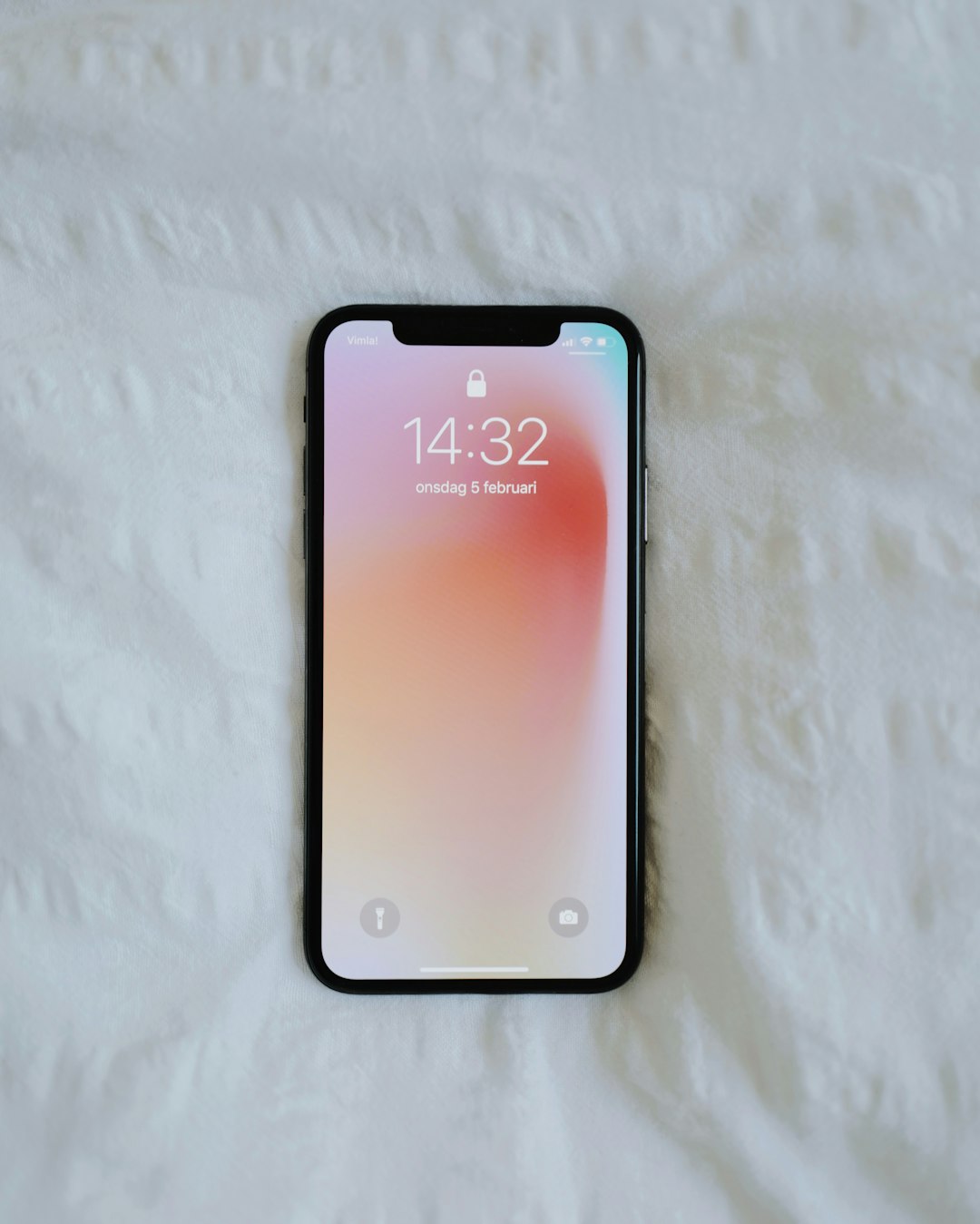“In the bustling legal landscape of the District of Columbia, navigating unwanted autodialer calls can feel like a labyrinth. The city’s stringent robocall regulations offer protection against these persistent intrusions on personal privacy. If you’ve been victimized by unauthorized automated phone calls, knowing your rights is crucial. This guide explores legal recourse options for DC residents, including understanding the regulations, seeking representation from a robust robocall law firm in DC, and even suing for robocalls with the help of experienced robocall lawyers DC. Discover how to reclaim your peace of mind.”
- Understanding Robocall Regulations in the District of Columbia
- Legal Recourse for Unwanted Autodialer Calls
- Navigating Lawsuits for Robocalls: A Guide for DC Residents
Understanding Robocall Regulations in the District of Columbia
In the District of Columbia, the use of autodialers and automated phone calls, commonly known as robocalls, is regulated to protect consumers from unwanted and intrusive communication. The Consumer Protection Division within the Office of the Attorney General oversees and enforces these regulations, ensuring that businesses adhere to strict guidelines when initiating robocalls. One key aspect is obtaining explicit consent from recipients before making any automated calls for marketing purposes.
Residents of DC who experience persistent or unauthorized robocalls have legal avenues to explore. Individuals may seek redress through a lawyer specializing in robocall litigation in the District, often referred to as a robocall law firm or robocall attorneys DC. These legal professionals can guide victims through their rights and potential actions, including suing for damages if necessary, using terms like Can I Sue For Robocalls Lawyer DC or Can I Sue For Robocalls attorney DC to attract those in need of representation.
Legal Recourse for Unwanted Autodialer Calls
If you’ve been receiving unwanted autodialed calls in the District of Columbia, you may have legal recourse. In the US, there are strict regulations in place to protect consumers from robocalls, including those made without prior express consent. The Telephone Consumer Protection Act (TCPA) prohibits automated or prerecorded calls for telemarketing purposes unless the caller has obtained written permission from the recipient. If you’ve been subjected to these calls despite not giving permission, you may have a case to sue.
Hiring a lawyer who specializes in robocall litigation can be a crucial step towards justice. A robocall law firm DC or robocall attorneys DC can help navigate the legal complexities and guide you through the process of seeking compensation for your troubles. These professionals understand the TCPA and have experience representing clients against violators, ensuring that your rights are protected and that you receive the redress you’re entitled to under the law, including monetary damages or an injunction against future calls.
Navigating Lawsuits for Robocalls: A Guide for DC Residents
Navigating Lawsuits for Robocalls: A Guide for DC Residents
In the District of Columbia, as in many places across the nation, robocalls are a pervasive and often irritating issue. However, if your rights have been violated by unsolicited automated calls, you may have legal recourse. Understanding your options is crucial. Engaging a robocall law firm DC or consulting with a knowledgeable can I sue for robocalls lawyer DC can provide valuable insights into the legal landscape surrounding these calls. These professionals are equipped to guide you through the complexities of consumer protection laws and help determine if a lawsuit against the culprits is warranted.
If you choose to take action, a robocall attorney DC will assist in gathering evidence, constructing a solid case, and representing your interests in court. The process involves assessing the specific circumstances of each call, verifying the absence of explicit consent, and ensuring compliance with relevant regulations. By taking this step, DC residents can hold violators accountable and protect their privacy rights from future intrusions. Remember, knowledge is power, especially when it comes to defending against unwanted robocalls.






